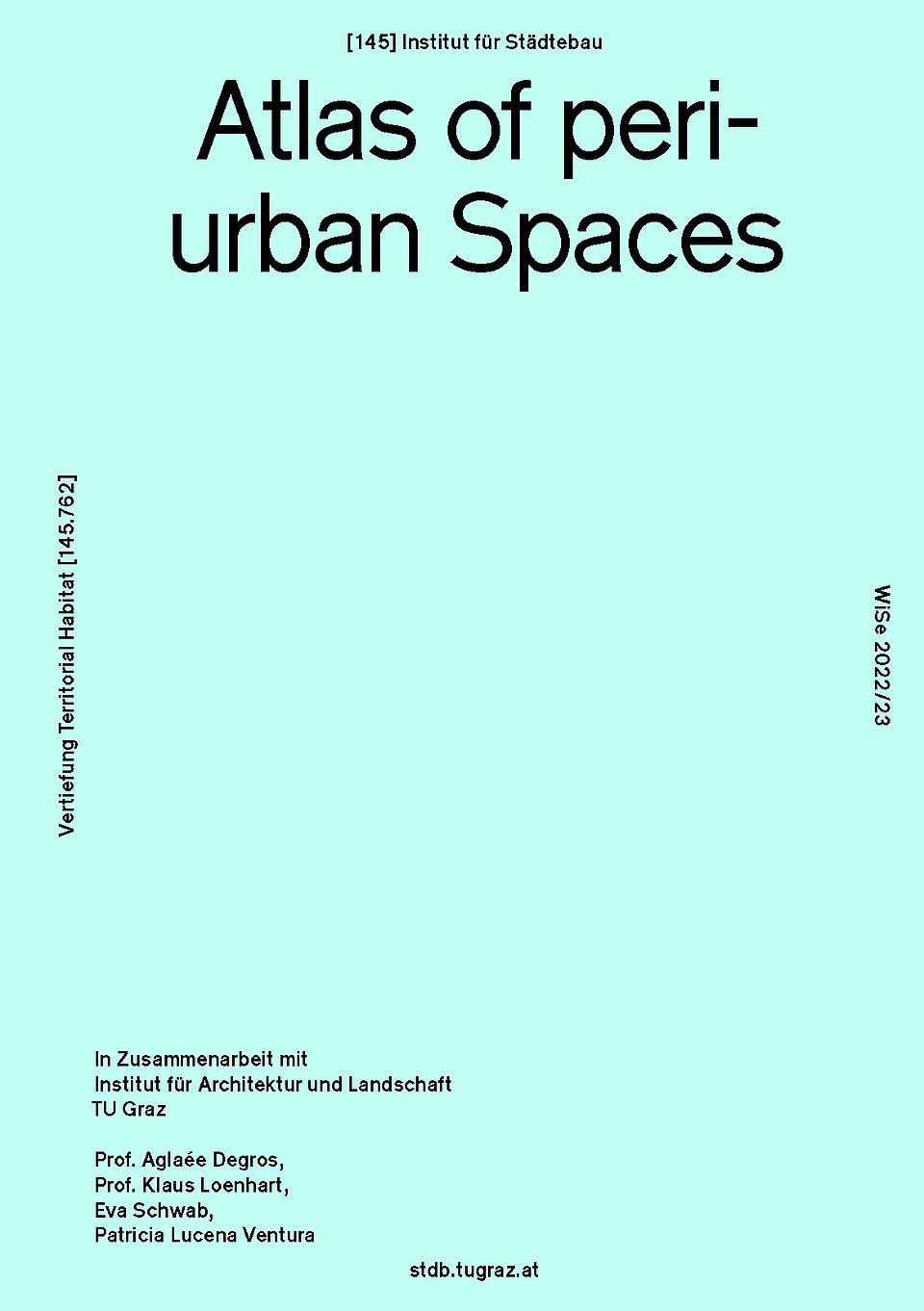Specialization: Atlas of peri-urban spaces

Under the current conditions of climate change, environmental degradation, and declining biodiversity, a human-centered perspective on cities is becoming an increasingly significant problem. This viewpoint neglects the complex social, political, material, and infrastructural interconnections and dependencies between social and ecological systems, thereby increasing the fragility of our urban environments. In contrast, conceiving of territory as a complex system of resource cycles offers new design possibilities across different scales.
The advanced module focuses on an expanded more-than-human perspective for cities. We will explore how this perspective, along with the ethical, legal, and methodological concerns it raises, can shape participatory design practices and policies toward cohabitation, fostering a cultural shift for sustainable urban development.
Our goal is to identify, map, and articulate environmental dynamics that range from social and microeconomic perspectives to food systems and interconnected green networks. This approach employs a territorial framework that extends beyond traditionally defined urban boundaries, addressing the limitations of current administrative regulations in accommodating such interconnections.
Six selected case studies from across Europe will allow us to differentiate between various more-than-human systemic performative modes and to identify multifunctional potentials. These findings aim to formulate synergies between questions of justice and the planning and design of our environments.
